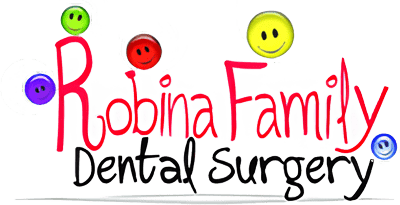How often do we hear women say, “I used to have really good teeth until I fell pregnant!” Most women are aware that pregnancy affects their teeth and gums. In Part 1 of this two-part series of Teeth and Pregnancy we will look at the effects of pregnancy on your teeth.

Oral Health Care Routine
If you are planning to start a family, be sure to be more vigilant with your oral health care routine before you conceive. This will include:
- Brushing your teeth at least twice a day with fluoride toothpaste;
- Flossing at least once a day, preferably at night; and
- Regular dental visits for routine checks and cleans.
The Risks
Under normal circumstances, a lack of oral hygiene can cause oral diseases such as gum disease (gingivitis and/or periodontitis) and tooth decay. However, during pregnancy, hormonal changes can affect the body’s response to plaque on your teeth and increase the risk of these diseases. If your oral hygiene is immaculate before you fall pregnant, you decrease the risk of gum disease and tooth decay. A word of caution: according to research, pregnant women with gum disease have a higher incidence of having premature births with low birth weights.

What You Can Do About It
There are, however, steps that you can take to ensure your teeth and gums remain healthy throughout your pregnancy and after the birth of your baby.
- Increase your calcium intake during pregnancy: this will help protect your bone and teeth and provide for your growing baby.
- Increase your vitamin D during pregnancy: vitamin D protects your bones and it is required to help your body absorb calcium.

- If you suffer from morning sickness, do not brush your teeth immediately after vomiting. This is because stomach contents are acidic and causes enamel erosion. Rinse your mouth out with water and wait for about 30 minutes before trying to brush your teeth. You can also smear some fluoride toothpaste on your teeth while you wait, which will help strengthen your enamel and freshen your breath.
- Cravings for sweet foods or drinks: if you find you are unable to control your cravings, clean your teeth well after consuming these. Eat a variety of healthy alternatives such as fruits, vegetables, cheese, and unsweetened yogurt. Drinking lots of water and milk will help with your calcium and vitamin D intake.

We will address pregnancy and dental work in Part 2 of this series. In the meantime, keep smiling!
